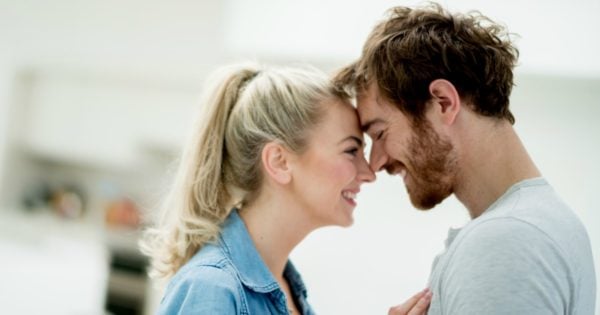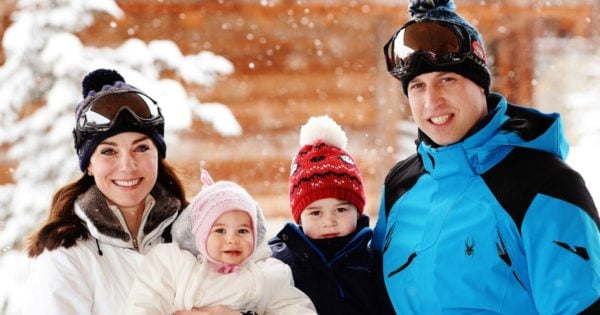Everyone wants a love to end all loves but what are the ingredients of loving healthy relationships?
Mamamia asked the clinical director at Relationships Australia NSW (RANSW), Elisabeth Shaw, what it takes to build a thriving relationship that’s built on trust. Here, the clinical and counselling psychologist told us her top tips.
Your strengths are encouraged and fostered.
Shaw says loving healthy relationships allow room for both people to grow.
“A good partner celebrates who you are and is supportive of opportunities coming your way. A good partner can admire your progress, rather than feel threatened by it. Of course, opportunities can lead to relationship negotiations, as some successes could have implications for both people. Getting that great interstate job, for example, is going to affect the relationship, so these things are in balance with couple goals,” she added.


